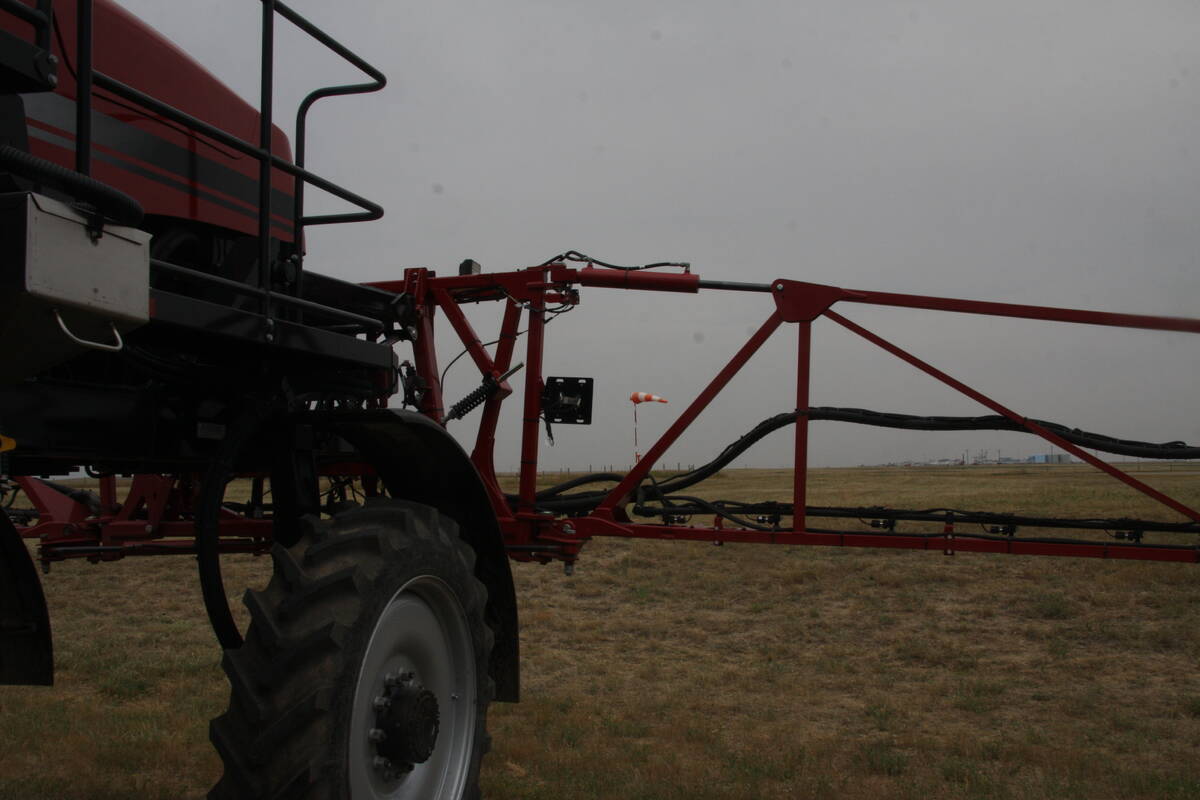Livestock rustling is a continuing problem, but in feed-short Alberta,
hay theft is more likely to occur this fall.
“You better get it home and get it in a secure area,” said cpl. Ed
Turco, an RCMP livestock investigator in southern Alberta. Bales stolen
from the end of a stack or from a field are not likely to be noticed
right away.
He suggested locking gates, although that may not prevent all thefts.
“At least you’ll know someone was there.”
Read Also

More work wanted on removing red tape
REGINA — Canadian farmers risk falling further behind competitors if two main federal agencies don’t become more efficient and responsive…
Most rural thefts are difficult to investigate because there is usually
no physical evidence or eyewitness.
Property such as livestock, tack and farm equipment should be marked.
“If you mark your property, the RCMP can enter it in their computer and
we have a chance of recovery,” he said.
About 75 horses are stolen in Alberta each year.
“The number 1 problem is when animals aren’t branded,” he said.
Branding enables brand inspectors and police to easily identify horses.
He said a lack of branding east of Saskatchewan has made it difficult
to trace livestock.
“Where these animals end up is anybody’s guess.”
However, horses have been found at the side of the road and at the
auction market door when the thief discovers that the horses carry a
brand.
Owners are encouraged to engrave driver’s licence numbers on property
such as saddles because these are easily traceable.
Using another number such as social insurance numbers is not good
enough because they are not available to the police.

















